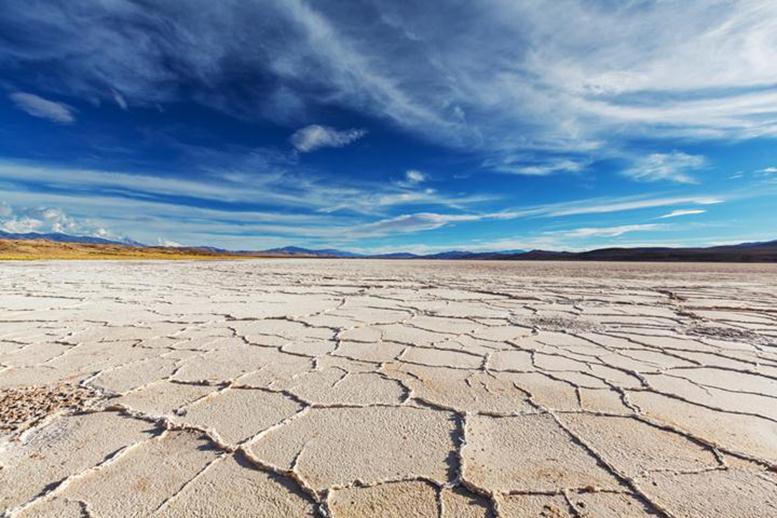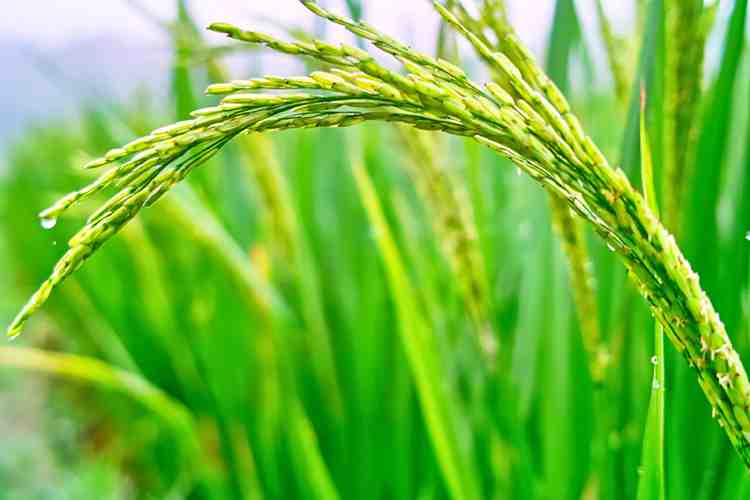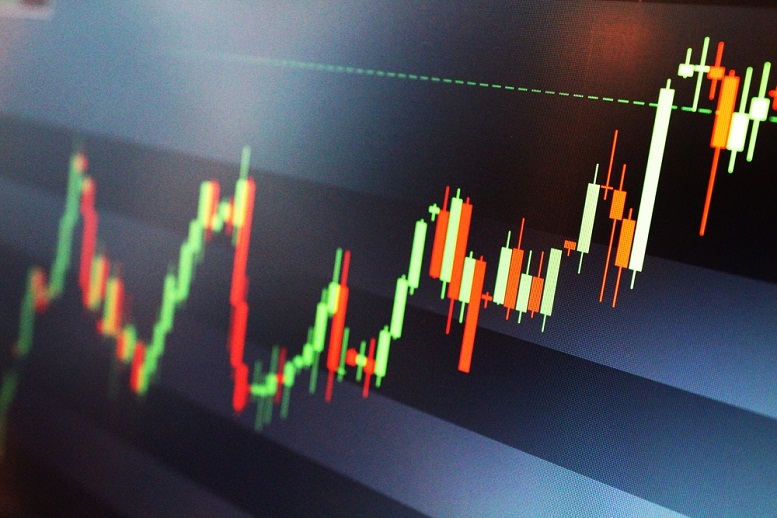By 1870, almost half of the employed population in the United States had jobs in agriculture. Today, agriculture is a $3 trillion industry. This is not surprising, but did you know that only 2% of Americans have a farm-oriented job?
This, like many things, is due to advancements in technology. In the 20th century, we saw numerous automation advances which allowed large farms to transition management to only a handful of people. Ironically, these innovations have slowed things down in the 21st century. With only a handful of people working every farm, there’s not a lot of time to innovate.
“You only get 40 attempts at farming. From your 20’s to your 60’s, you get 40 seasons,” says CEO of RocketSpace, Duncan Logan. “In tech, you get 40 attempts in a week.”
However, even farming isn’t resistant to the information revolution. Today, we can see hundreds of agriculture tech startups around the globe. In fact, some experts even see parallels between these startups and the early days of the internet. Though there is a considerable amount of competition in agriculture, it’s not clear as to who will become the Facebook or Twitter of the agriculture world. Add that to increasing climate change pressures, the fact that there will be two billion more people living on Earth by 2050, and that only 40% of the globe’s land is available to grow crops, you have yourself a market perfect for innovation.
“The ag tech space right now is in a very unique position. You can’t ignore the fundamentals,” says Corey Huck, VP of Business Development at AgTech Accelerator Corp. He added, “you have to produce a lot more crop on limited acres, and 70% of freshwater is already being used in agriculture. We have to do more with less at the end of the day and the only way you can do that is with technology.” These technologies include everything from biotechnology startups developing future cash crops to irrigation hardware engineering to beat the drought.
Below is a list of 15 agriculture-tech startups that have the most potential in 2017. Together, these technologies have more than $400 million in financing.
- AgCode: In an attempt to maximize yields and maintain labor, AgCode, a vineyard management company, helps winegrowers keep track of field conditions, grape maturity, and harvests. Currently, seven of the country’s top ten wineries are using AgCode’s technology.
- AGERpoint: Using satellite data, this startup produces nut and citrus orchard management software. With this startup, farmers can see tree-specific information, like the size of the canopy or the trunk diameter. As of right now, AGERpoint is hoping to break-even this year with $3 million in sales.
- Arvegenix: This startup is creating a new cash-crop called pennycress which can be added to field rotations between soybeans and corn. The winter cover crop will protect the soil from erosion while soaking up nitrogen pollution. It doesn’t hurt that it will also be making quite a bit of money for farmers.
- BluWrap: BluWrap allows for fresh protein suppliers to ship by ocean instead of the air via a patented oxygen management technique which extends the shelf life of fresh protein. This will help these suppliers save a tremendous amount of money.
- Bovcontrol: Using cloud technology, Bovcontrol will help cattle farmers keep better track of their herds. This livestock manager will track vaccinations, nutrition needs, inventory and much more.
- BrightFarms: As the demand for hyper-local produce continues to increase, BrightFarms is starting to build and operate greenhouses in both urban and suburban areas. Entering into partnerships with supermarkets, the company will put the farm at or close to the store in order to maximize product freshness.
- Clear Labs: As a science startup, ClearLabs is working to develop a startup of the globe’s food supply by studying food on a molecular level. Essentially the end goal is to use this information to help food retailers choose the best supplies and avoid the next foodborne illness outbreak.
- CropX: This Israeli startup sells cloud-based software which helps to boost crop yields by focusing on saving energy and water. Due to in-field sensors, the software will deliver the correct amount of water to each plant instead of watering a whole field.
- Farmers Edge: Using satellite imagery, this hardware and software product will help growers recognize, map and manage farmland variability. So far this year, this startup has raised $94.3 million in funding.
- Farmer’s Business Network: This data company has connected over 3,400 small farms with open data about supply prices, yields and other information that helps them compete with large corporations.
- FarmLead: This is an online marketplace which lets grain growers expand beyond their local market as well as selling to the best bidders. It’s good to note that FarmLead lets buyers and sellers register for free, and deals are negotiated with anonymity
- FoodLogiQ: Since the average food recall costs companies $10 million, FoodLogiQ is trying to reduce those costs by using data to track food from the farm to the fork. This makes sure that correct foods are recalled.
- Full Harvest: FH is aiming to reduce the amount of produce that goes to waste in the United States every year. They are tackling this problem by developing a B2B marketplace where growers are able to connect with food companies to offload oversupply or imperfect produce.
- Granular: It’s a known fact that retailers tend to stay on top if they have data-driven software that lets them track everything. Granular’s software is trying to do this for farmers. In their software, farmers will be able to prioritize their workforce and monitor forecast revenues and profitability.
- Mavrx: With this startup’s software, farmers will be able to visualize their entire fields in a matter of seconds, highlight areas in which resources need to be directed and benchmark crop performance.
Featured Image: Twitter








